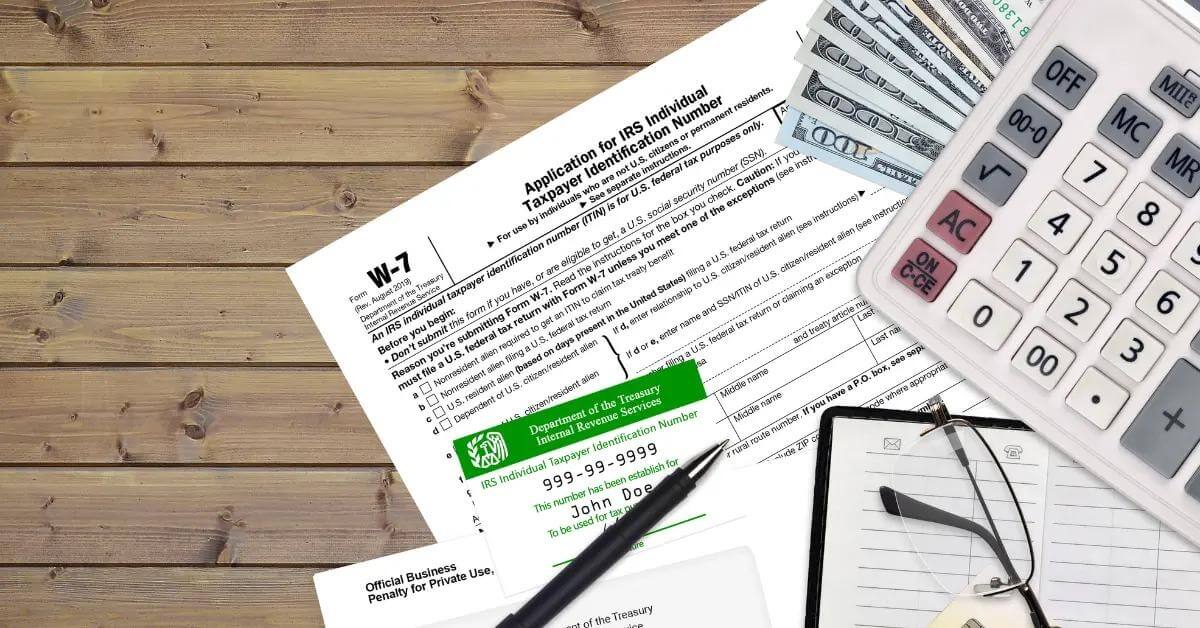
The Basics of Separation of Liability Relief

Determining Whether You Qualify
- You must adhere to all these requirements strictly and meet the deadline to receive separation of liability relief.
- Ensuring you meet all the requirements is vital, so double-check all your documentation.
- Separation of liability relief can add some unneeded confusion during a divorce, but it’s worth exploring nonetheless.
- Failure to take advantage of this could potentially cost you thousands of dollars or more. If you’re not 100% confident that you understand the rules and requirements, ask a tax expert for help.

5 Qualifications for Separation of Liability Relief
1. You Must Have Filed a Joint Return With Your Ex-Spouse in the Past
2. You Must Owe a Debt to the IRS for Understatement of Taxes
3. You Have to Be Divorced or Legally Separated and Living Apart
4. File a Request for Separation of Liability Relief 2 Years After the First IRS Collection
5. No Knowledge of Aberrant Income

Denial of Relief by Separation of Liability
- There is evidence that you and your spouse transferred assets to a third party to avoid paying taxes.
- There is evidence that you were fully aware of the unreported income, overstated deductions, or ill-claimed credits that resulted in an IRS debt.
- There is evidence that your spouse transferred assets to you in a fraudulent scheme to avoid paying taxes.
A denial of your request for separation of liability relief is a tough pill to swallow, but there are a few options if you’re turned down. There are similar IRS relief options and related areas to explore, such as innocent spouse relief, equitable relief, and signature under duress or forged signature claims. A tax expert can help you find the best option for your situation.

Contact a Tax Attorney for Help
Divorce is difficult enough without having to figure out the tax implications, so having an experienced professional on your side is invaluable. The Silver Tax Group has a proven track record of success in divorce tax cases and a team of tax pros who can get you the best outcome with the IRS.
Contact Silver Tax Group today to speak with an expert in divorce-related tax issues or any other taxation questions.








